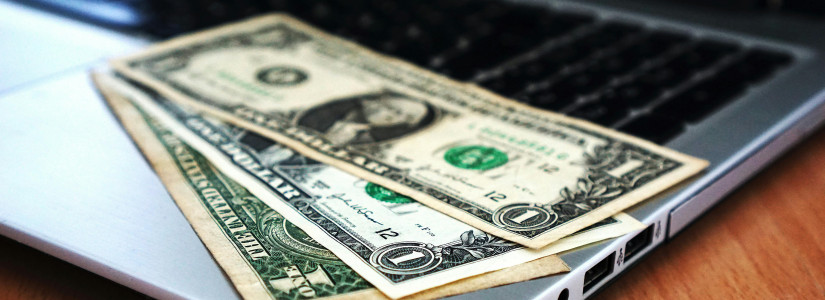Follow the Money: How to Find Unclaimed Funds from Banks and Financial Institutions
You can get unclaimed funds from banks and other financial institutions.
Money becomes unclaimed for various reasons, such as forgotten savings accounts, inheritance money left behind by a deceased family member, or life insurance policy proceeds.
You must understand how to locate and reclaim unclaimed funds from the holders.
1. Check With Your State's Unclaimed Property Office
Many states maintain an Unclaimed Property Office where funds from dormant accounts remain safe until the rightful owner reclaims them.Checking with your state's unclaimed property office is vital to finding these forgotten funds from banks and other financial institutions.
With a few clicks, you could uncover lost money that rightfully belongs to you.
Take action today and see if your state has held your forgotten savings in trust.
2. Search Online Databases
With the internet at our fingertips, searching for unclaimed funds from banks and other financial institutions is easier than before.Consumers can often track down lost savings and forgotten bank accounts by searching online databases maintained by government departments.
It helps you reclaim money owed to you and serves as a reminder to stay vigilant of your financial accounts to avoid missed opportunities or loss of funds through negligence.
Take advantage of these databases and follow up on any possible unclaimed funds due to you.
It can save you money and put it back in your pocket.
3. Get in Touch With the Bank or Government Agency Holding the Funds
If you're unsure where to start when finding unclaimed funds from banks and other financial institutions, the first step is to contact the institution or agency that holds them.Most government or financial entities have a system to help individuals locate any unclaimed money or assets associated with them.
You may visit their offices or websites to get the necessary knowledge and details.
Contacting them can give you a better idea of the resources available and claim what belongs to you.
It may require more research, but you can uncover unclaimed funds that are rightfully yours with persistence and dedication.
4. Look Into Dormant Accounts, Inherited Assets, and Uncashed Checks
Accounts that remain dormant for many years likely have exited their reporting period and could contain valuable funds ready for you.Unclaimed assets such as retirement savings accounts or stocks are also an often forgotten source of unclaimed funds.
You should also check for uncashed or forgotten checks, including payments from insurance companies, business refunds, lost wages, or governmental benefits.
Tracking down these long-lost financial assets can help lead you to a newfound source of wealth.
5. Submit a Claim for the Found Money
Once you've identified unclaimed funds from banks and other financial institutions, it's time to file a claim. The process can vary depending on the type of funds and holding institution.You'll need to provide proof of your identity and ownership of the funds. It could include a copy of your driver's license, birth certificate, or social security number.
You may also need to provide other forms of documentation like account statements, inheritance documents, or receipts.
After submitting your claim, you wait for the funds to be issued and available.
6. Claiming Lost 401k Funds or Pensions
If you're reclaiming lost 401(k) funds or pension benefits, there are additional steps that you should consider.You must contact the institution or employer holding the funds for these accounts to begin the claims process.
You'll also need additional employment documentation, such as a W-2 form or paystubs.
With these accounts, there can often be a time limit for filing a claim, so be sure to file as soon as possible.
7. Keep Records of All Your Searches and Documentation
Tracking down unclaimed funds from banks and other financial institutions can be lengthy, so keeping detailed records of your search is important. It includes all online searches and physical documentation you submit to the relevant parties.Maintaining time spent and any fees associated with the process will help you stay organized. You should also keep copies of all documents submitted concerning your claim.
The information will ensure that you promptly receive the unclaimed funds you're entitled to.
Various banks and other financial institutions hold unclaimed funds, so individuals must understand how to locate and reclaim these funds.
They can reclaim the money owed by conducting online searches, contacting the bank or government agency with the funds, and looking into dormant accounts.
Besides, they must also submit a claim and keep records of all searches and documentation related to filing a claim.
Read more:
The State By State Guide To Unclaimed Assets
Do You Have Unclaimed Funds? Here's How To Find Out












